If you’re a parent of school-age children, your aim is to help your children get the education they need to live productive, fulfilled lives. There are three terms you need to clearly distinguish to help shape the right education for your children: learning, education, and school.
There are three fundamental terms that we often confuse, but they are distinct concepts:
- Learning is acquiring new skills and understanding.
- Education is an organized program of learning.
- School is a community of learners.
Children love to learn; they don’t always enjoy education and some have big problems with school. Why is that?
Learning
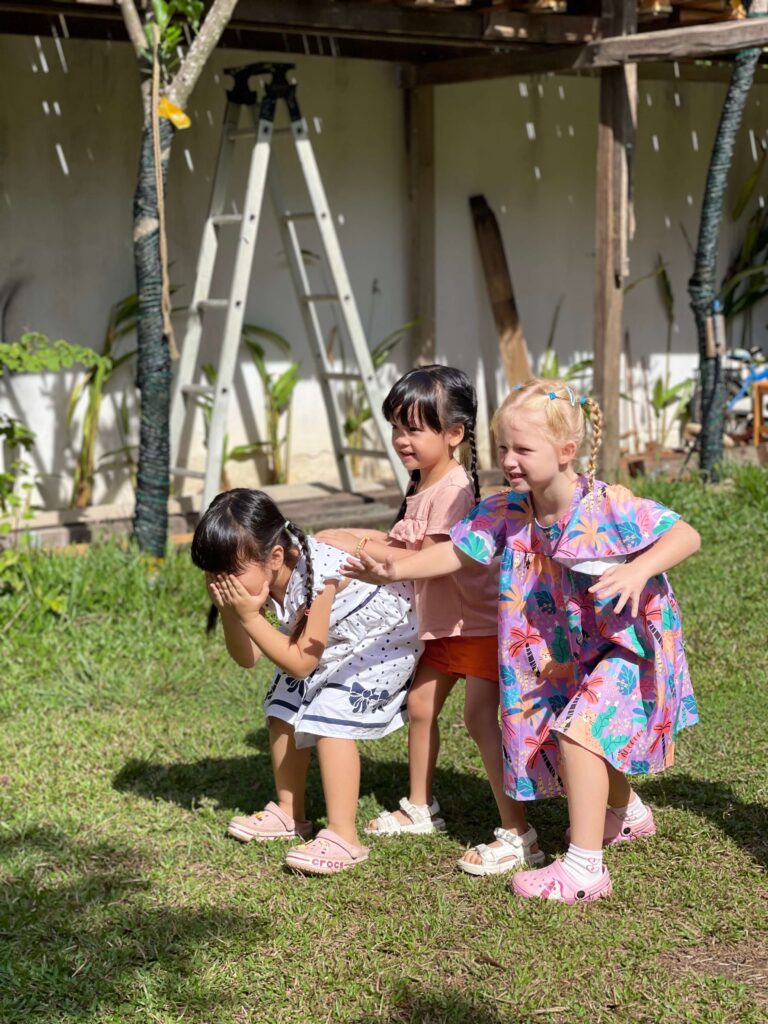
Learning is natural for children. Babies learn at a prodigious pace. Take language. In their first twenty-four months or so, they go from being inarticulate bundles of cries and gurgles to being able to speak. It’s a
remarkable achievement and nobody, including you, “teaches” your child how to do it. You don’t because you couldn’t. Learning to speak is far too complicated. How do babies learn to speak? They have a natural capacity
for it and they love to learn. How do they do it? By listening and by copying you and the others around them. You encourage them with your smiles and delight, and they encourage you with theirs. They learn to speak because they want to and they can. As they go through life, they’ll pick up all sorts of other skills and knowledge just for the love of learning: because they want to and they can.
Education
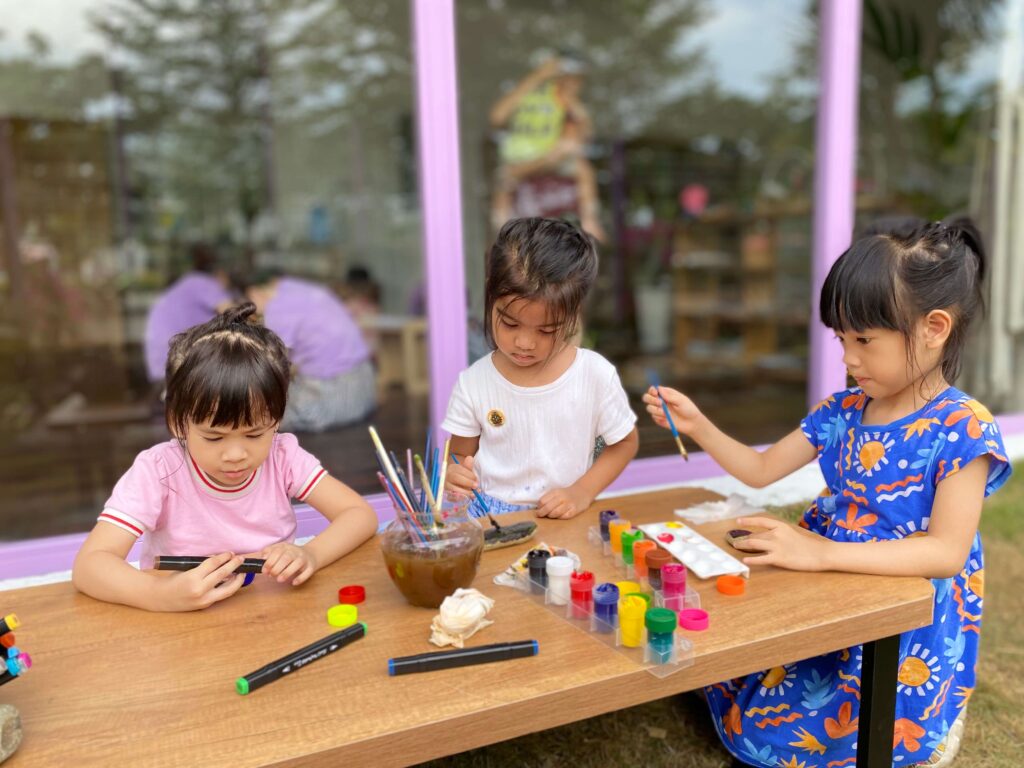
Education is a more organized approach to learning. It can be formal or informal, self-directed or organized by someone else. It might be at home, online, at work, or somewhere else. Peter Gray is a research professor of
psychology at Boston College and author of Free to Learn. Children, he says, “are beautifully designed, by nature, to direct their own education. For most of human history, children educated themselves through observing, exploring, questioning, playing, and participating. These educative instincts still work beautifully for children who are provided with conditions that allow them to flourish.
School
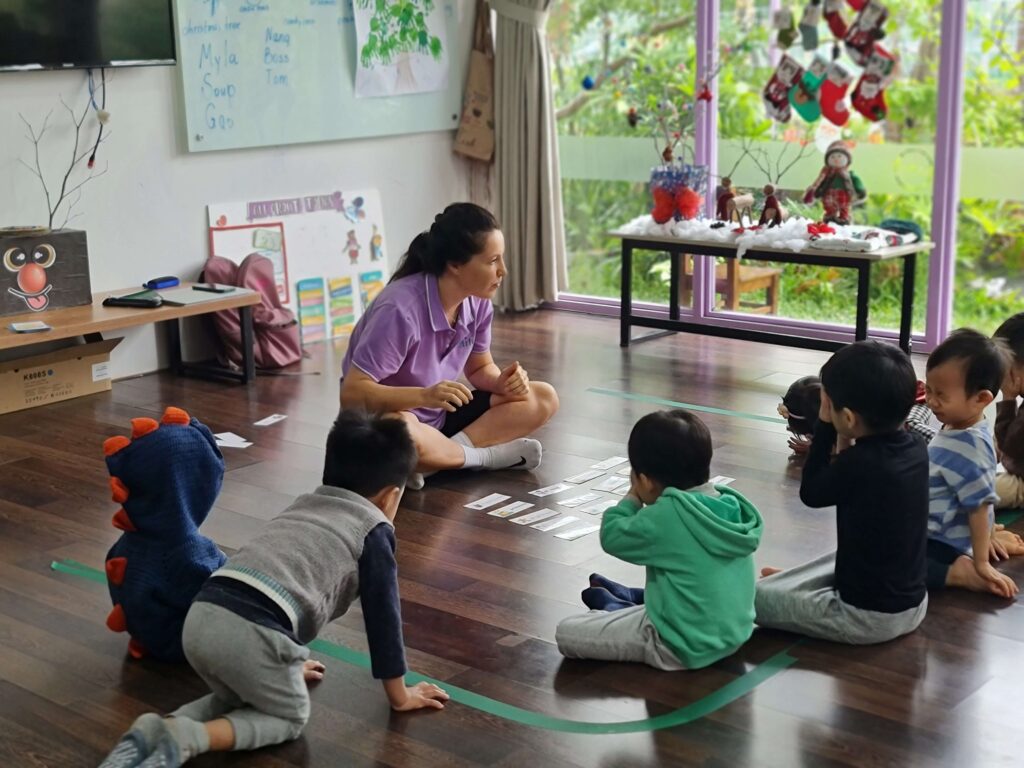
A school is any community of people who come together to learn with and from each other. I was asked recently if I thought schools are still a good idea. I do, and the reason is that most of what we learn in our lives we learn with and from other people. Learning is as much a social as an individual process. The real question is what sort of schools help children learn best? Many young people are turned off education not because they don’t want to learn but because the rituals and routines of conventional schooling get in the way.
Experience of formal education
For most of us, our main experience of formal education is grade school. What images does “school” bring to mind? If you think “high school,” you may picture long corridors and lockers, classrooms full of desks with
blackboards or whiteboards at the front, a hall with a stage, a gym, science labs, maybe a music room or art studio, and a sports field somewhere. What about what goes on there? You may think of separate subjects (some more important than others), fixed schedules, bells and buzzers, students streaming between rooms in age groups, assignments, tests, and after-school programs. What about preschool or elementary school? Whatever your own feelings about school, the fact is that if you passed out somewhere and woke up in one, you’d probably work out quickly where you were. Since the introduction of mass education in the nineteenth century, schools have become recognizable places that work in typical ways. Many of the rituals of schools are taken for granted largely because school has been like this for a long time. Not all schools are like this, and schools don’t have to be this way at all. The fact that so many are is a matter of habit, not necessity.
We’ll be looking at different ways of doing school and at how the best schools create conditions in which young people enjoy learning and want to achieve at their highest levels. It’s important that they do enjoy education,
for them and for you.
What’s it all for?
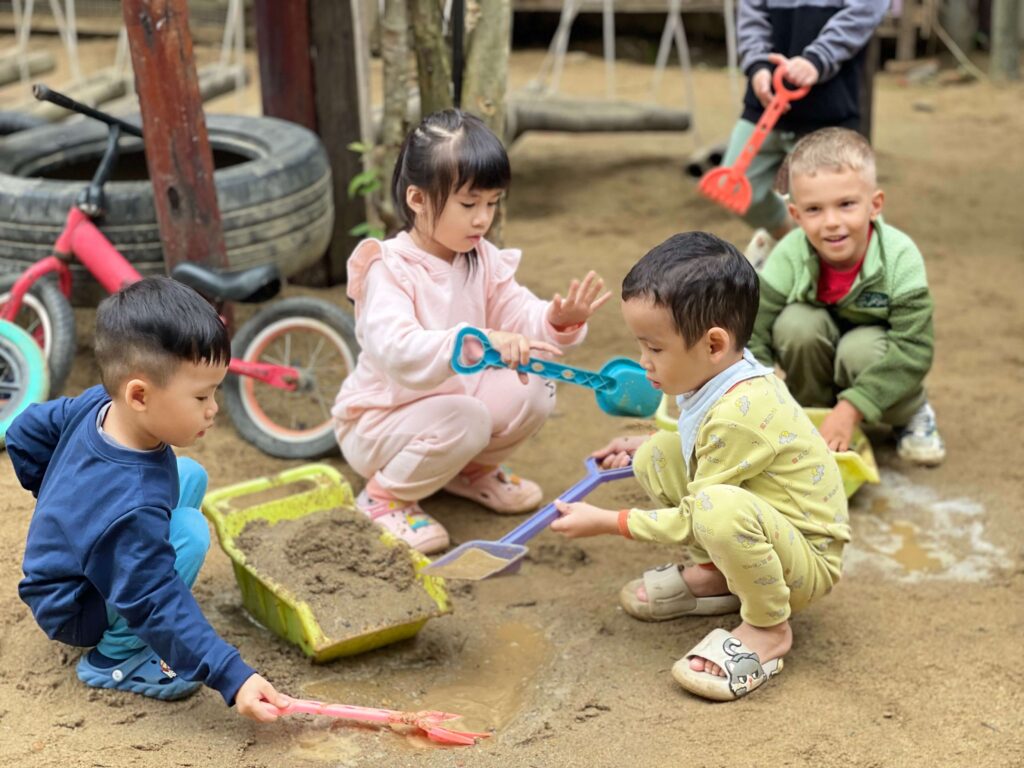
Starting as toddlers, most children in the world spend around fourteen years in school, forty weeks a year, five days a week for an average of eight hours a day, counting homework. It adds up to around twenty-two thousand hours of schooling, not counting college. That’s about the same amount of time that all the motorists in Switzerland spent last year in traffic jams. The Swiss are patient people, but even so, that’s a lot of time. This doesn’t include the time you spend getting your children ready or school in the morning, dropping them off, picking them up, helping with homework, going to meetings and events and all the hours you spend yourself in traffic jams as a result. What do you hope for from this huge investment of time and energy? Why are you educating your children in the first place? What do you expect that they and you will get from it?
In my experience, most parents want their children to learn about the world around them, develop their natural talents and interests, and acquire the skills and knowledge they’ll need to become good citizens and make a
decent living. These are reasonable expectations. We had them when our own children were going through school, and our parents did when we were young. Whatever you want, what sort of education do you think they need? If you think a conventional academic education supported by perfect test scores is best, you may well be wrong. Even if you don’t think that many policymakers do and that’s a problem. In my view, they’re wrong too.
Everything is changing
One of the reasons you have to think differently about education these days is that the world your children are living in is so different from the one that you and your parents grew up in. We’ll go into this in later chapters, but
these are some of the headlines.
Families are changing
These days, only 60 percent of children in the United States live in families where their biological parents are married. The other 40 percent live in a variety of situations: with a single mother, with a single father, with grandparents, with parents of the same sex, in a blended family, or none of the above. There are similar trends in many other countries. By the way, in case you’re wondering if you’re a parent, let me clarify. Given these vast social changes, for our purposes, being a parent means fulfilling particular roles rather than being a specific blood relative. You may be the child’s biological parent, maybe not. Whatever your situation, if you have a primary responsibility for the home care and wellbeing of a child, you are a parent.
Children are changing
Physically, young people are maturing younger than ever before, especially girls. They are facing huge social pressures from popular culture and social media. They are experiencing high levels of stress and anxiety, much of it related to pressures at school. They are becoming less healthy and more sedentary. For example, childhood obesity has more than doubled in the past thirty years and more than quadrupled in adolescents.
Work is changing
Digital technologies are disrupting many traditional job markets and creating whole new ones. It is almost impossible to predict what sorts of jobs today’s students will be doing in five, ten, or fifteen years, assuming they have a job at all.
The whole world is changing
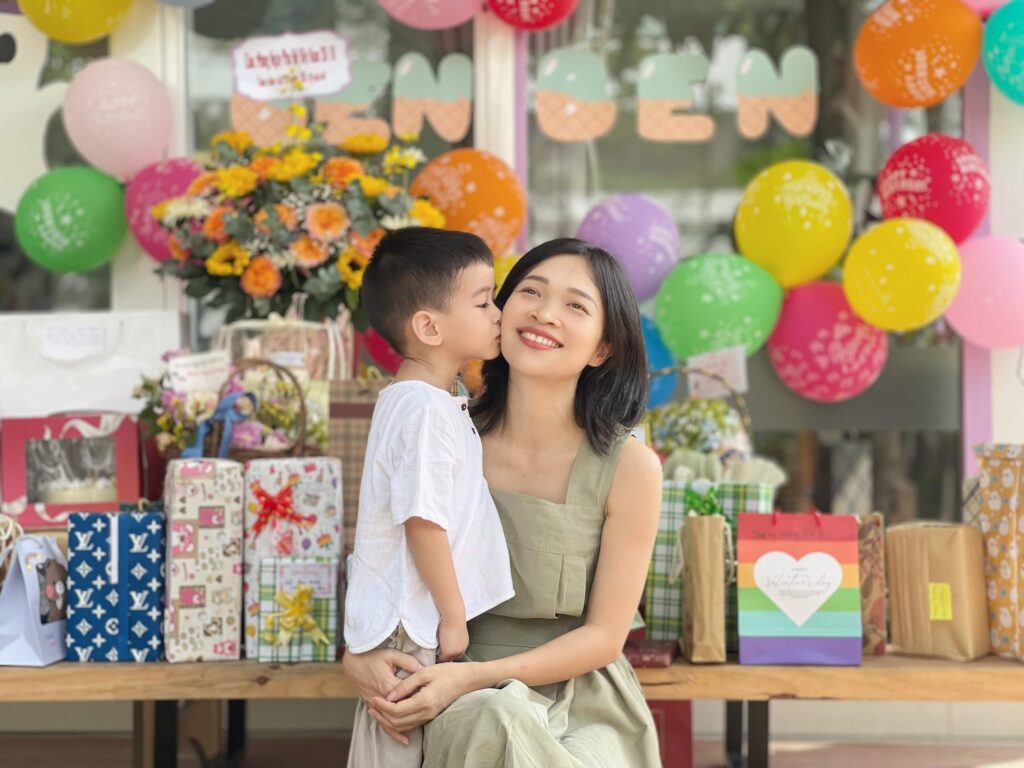
Let’s face it, there are tumultuous changes sweeping the entire planet on every front: cultural, political, social, and environmental. Education has to take account of this if it’s to help your children make their way, let alone flourish, in a world that’s changing faster than ever.
Evidently, governments understand some of this and are hard at work in committee rooms and voting chambers trying to control what goes on in schools. Along the way, education has become a major political issue, and you and your children are in the crosshairs.
As the primary influencer of your child’s present and future, it is your responsibility to educate yourself about education. Education is sometimes thought of as a preparation for what happens when your child leaves school—getting a good job or going on to higher education. There’s a sense in which that’s true, but childhood is not a rehearsal. Your children are living their lives now with their own feelings, thoughts, and relationships. Education has to engage with them in the here and now, just as you do as a parent. Who your children become and what they go on to do in the future has everything to do with the experiences they have in the present. If your children have a narrow education, they may not discover the talents and interests that could enrich their lives in the present and inspire their futures beyond school.

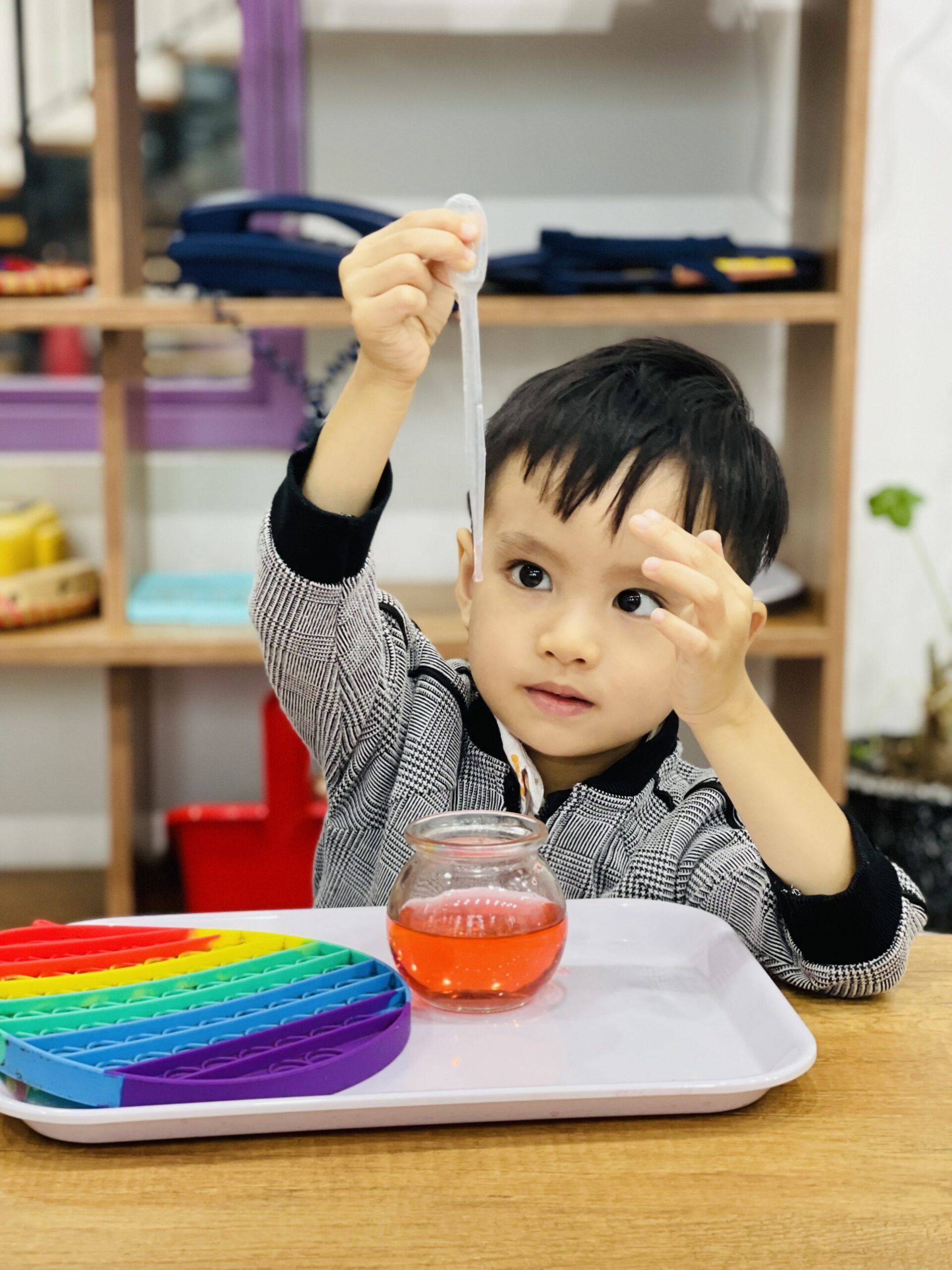
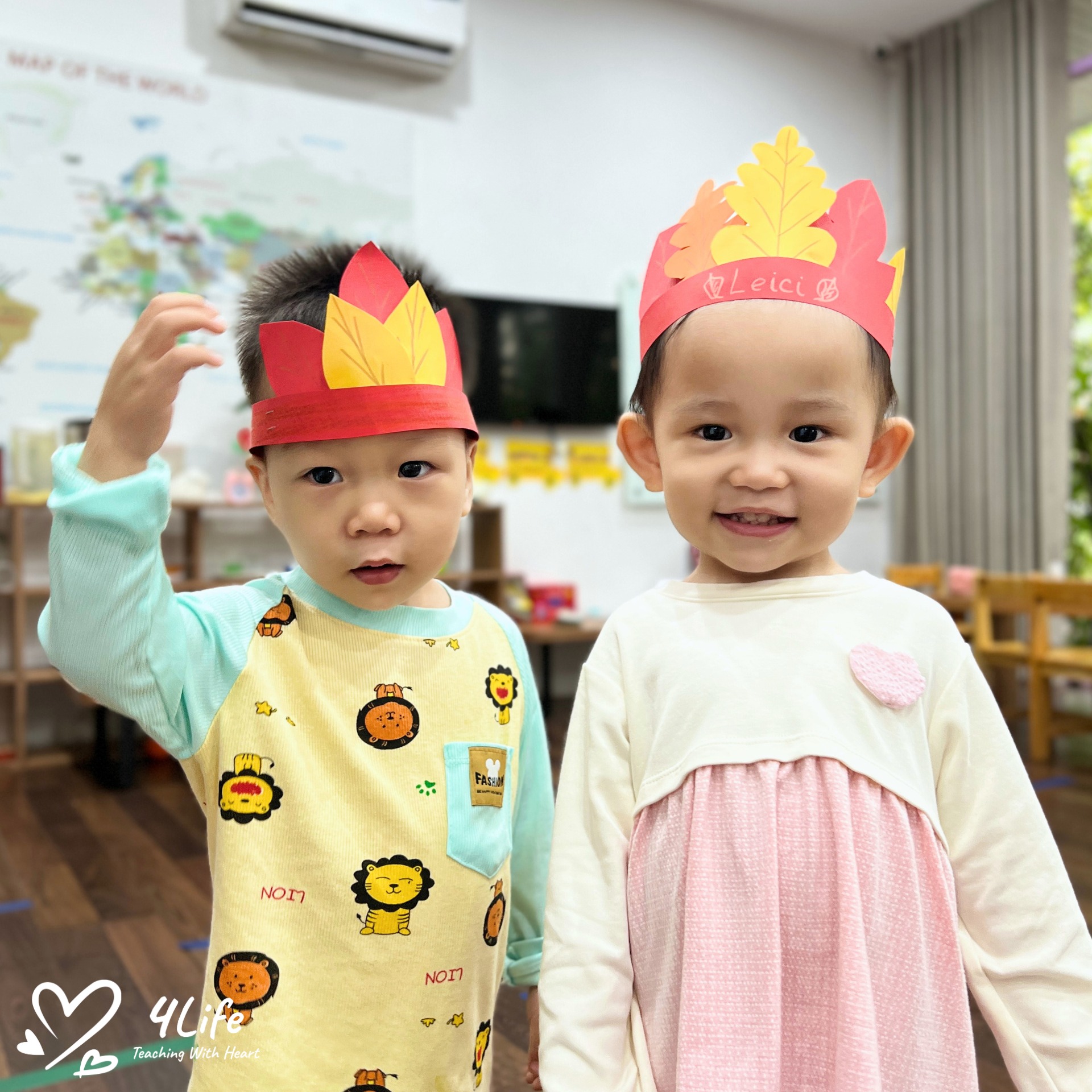
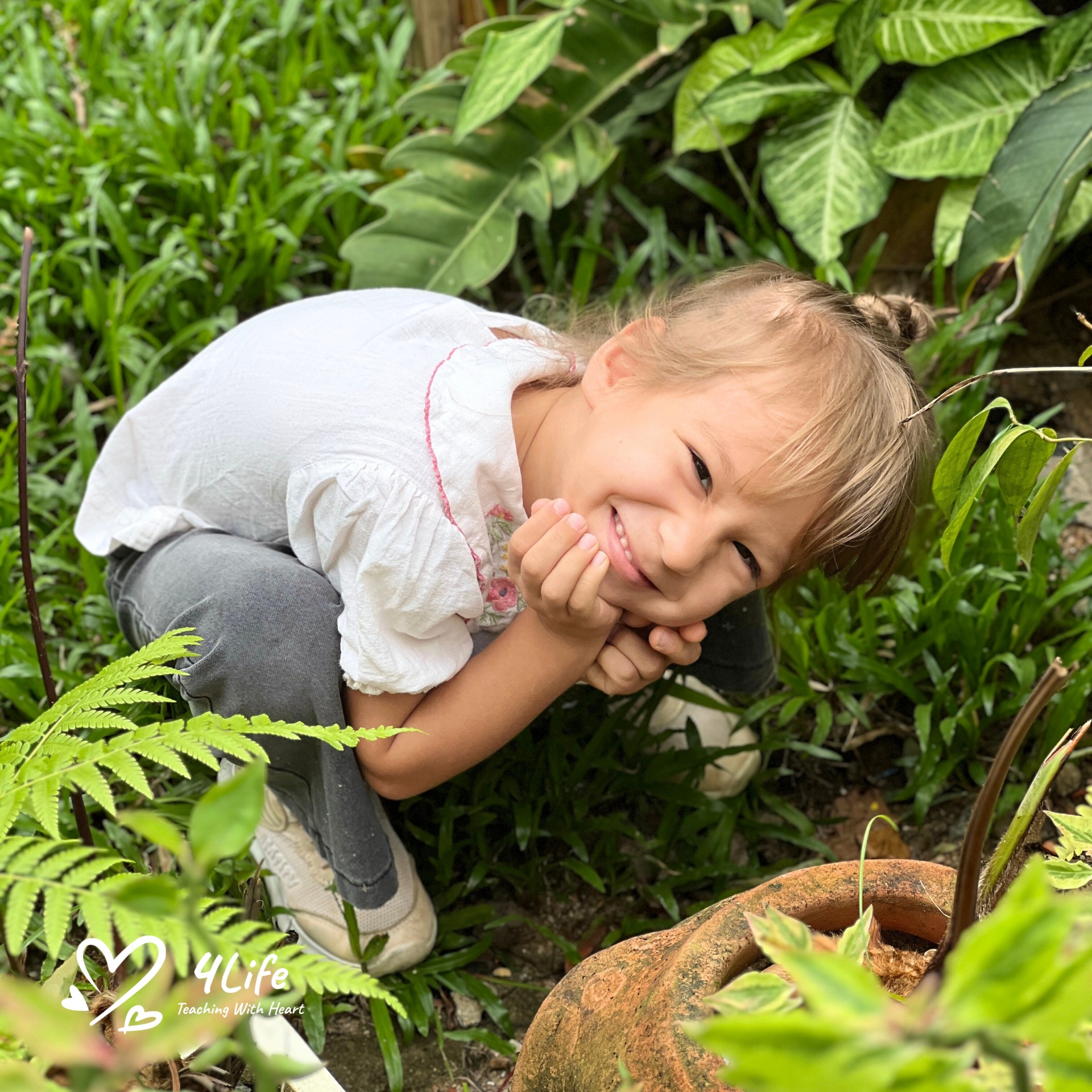
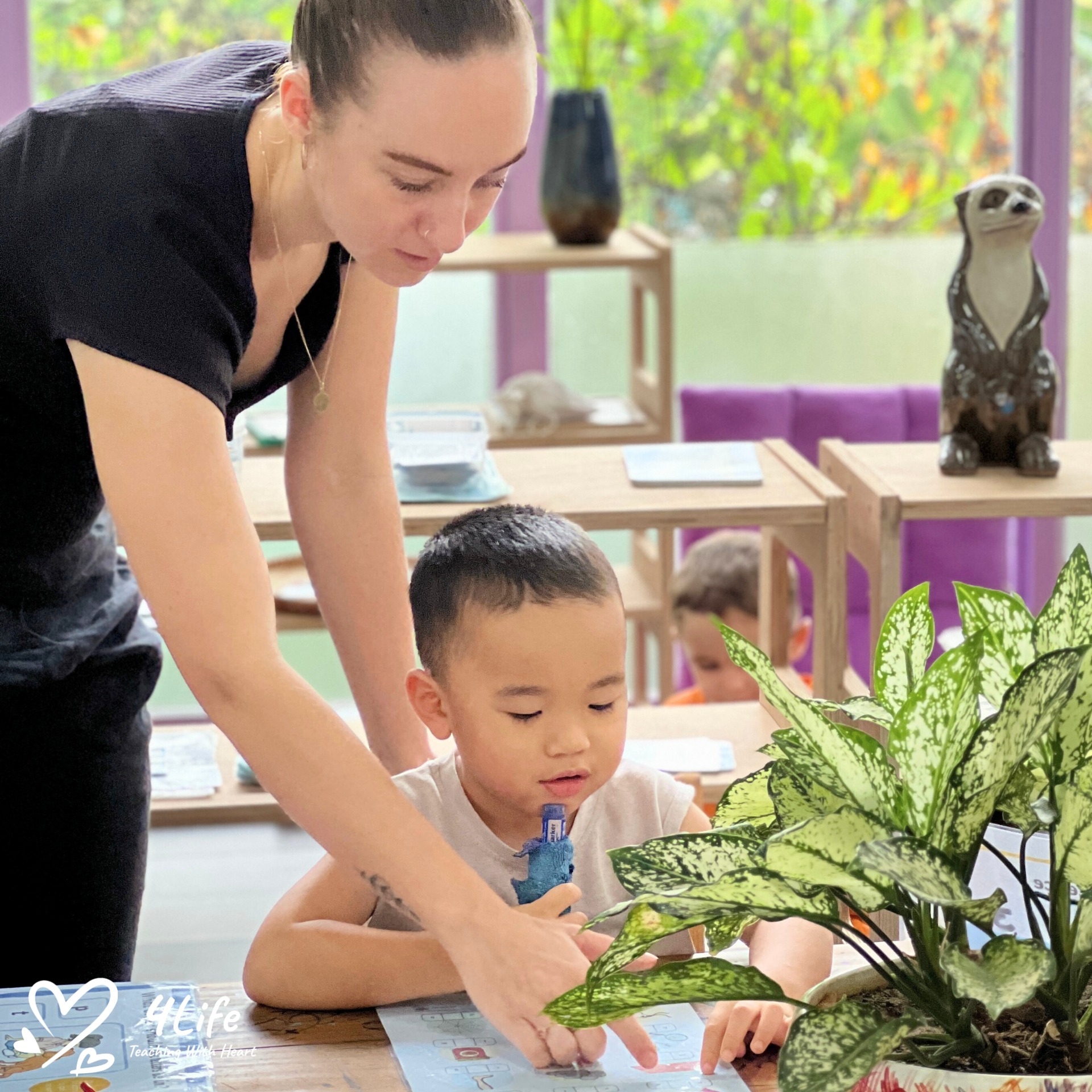
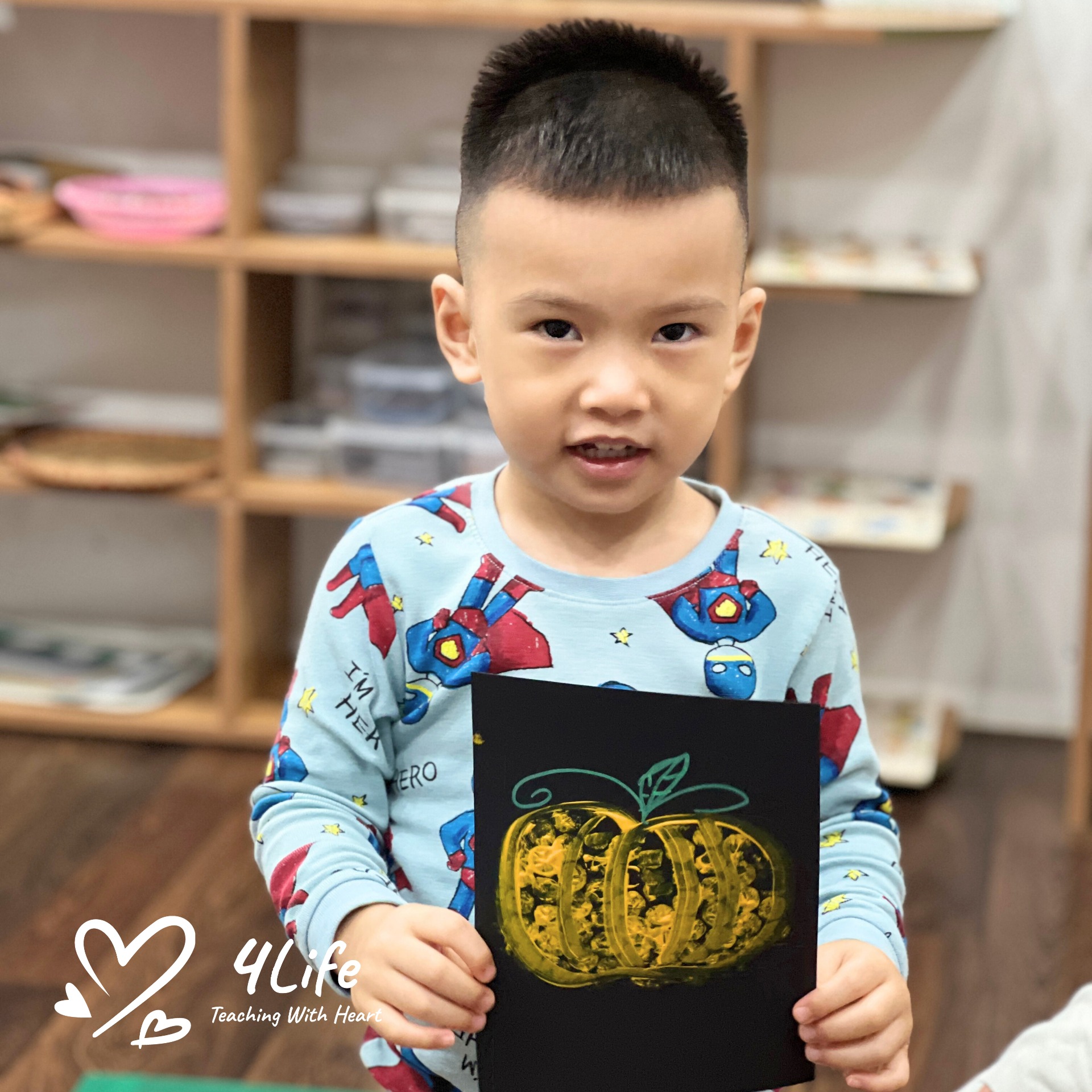
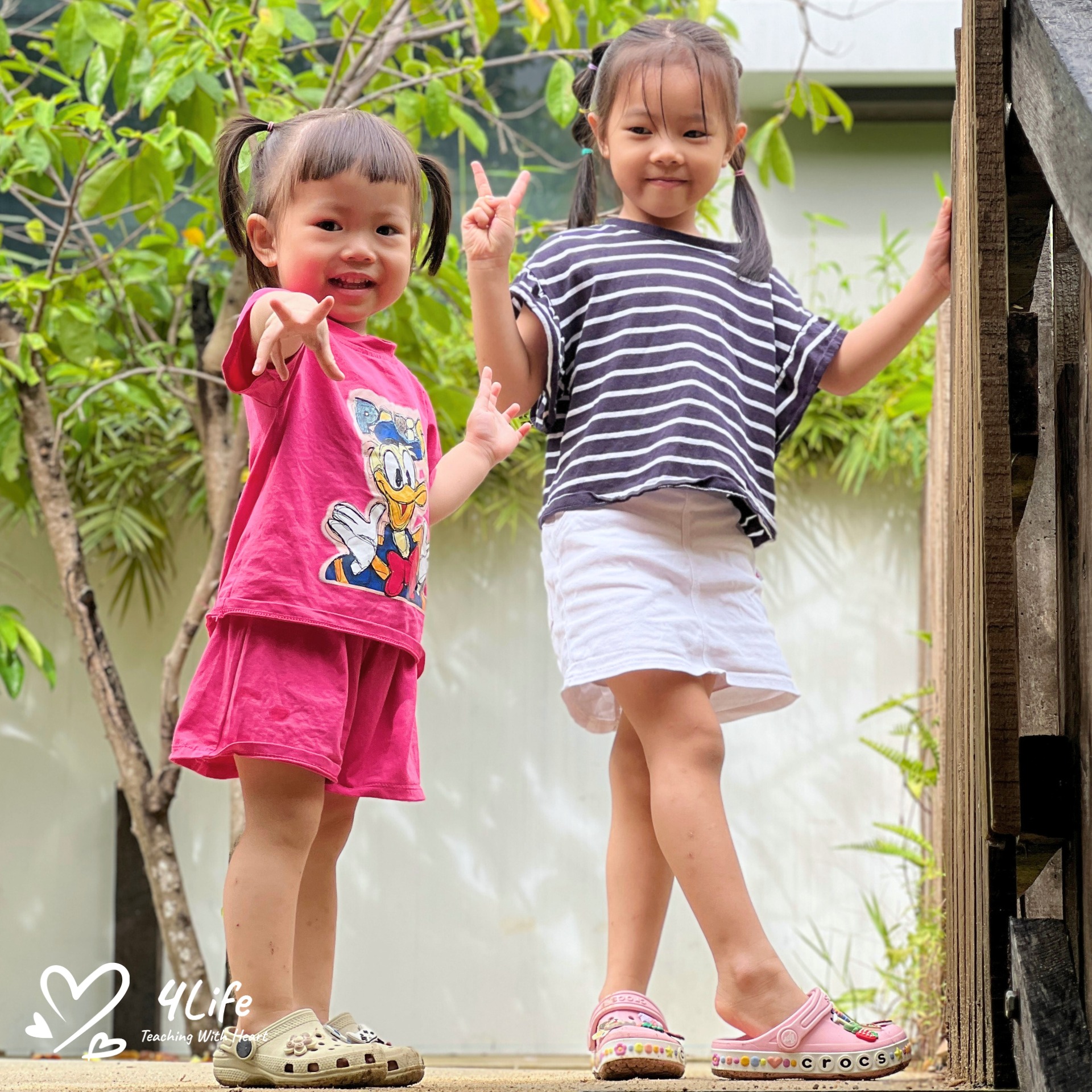
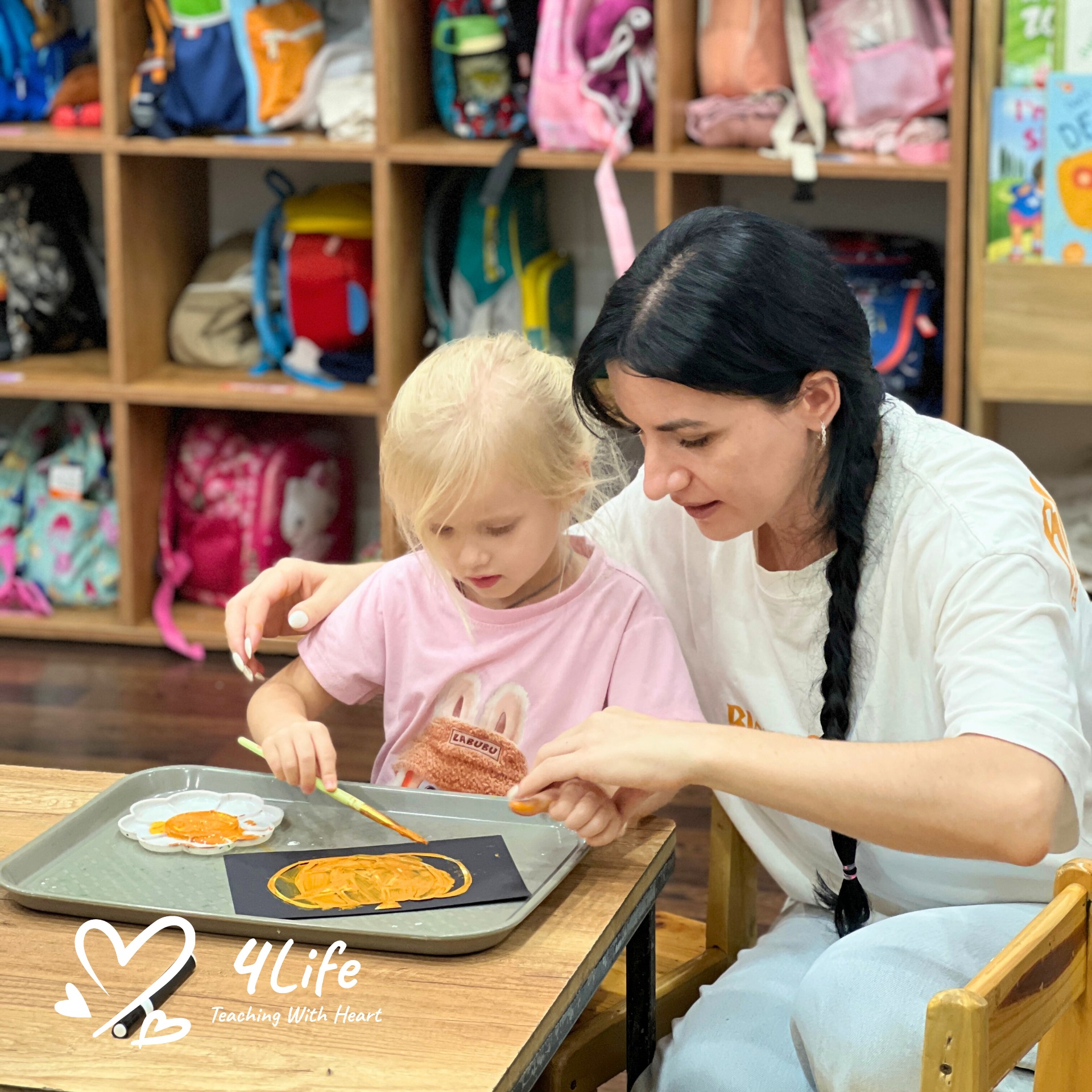
0 Comments